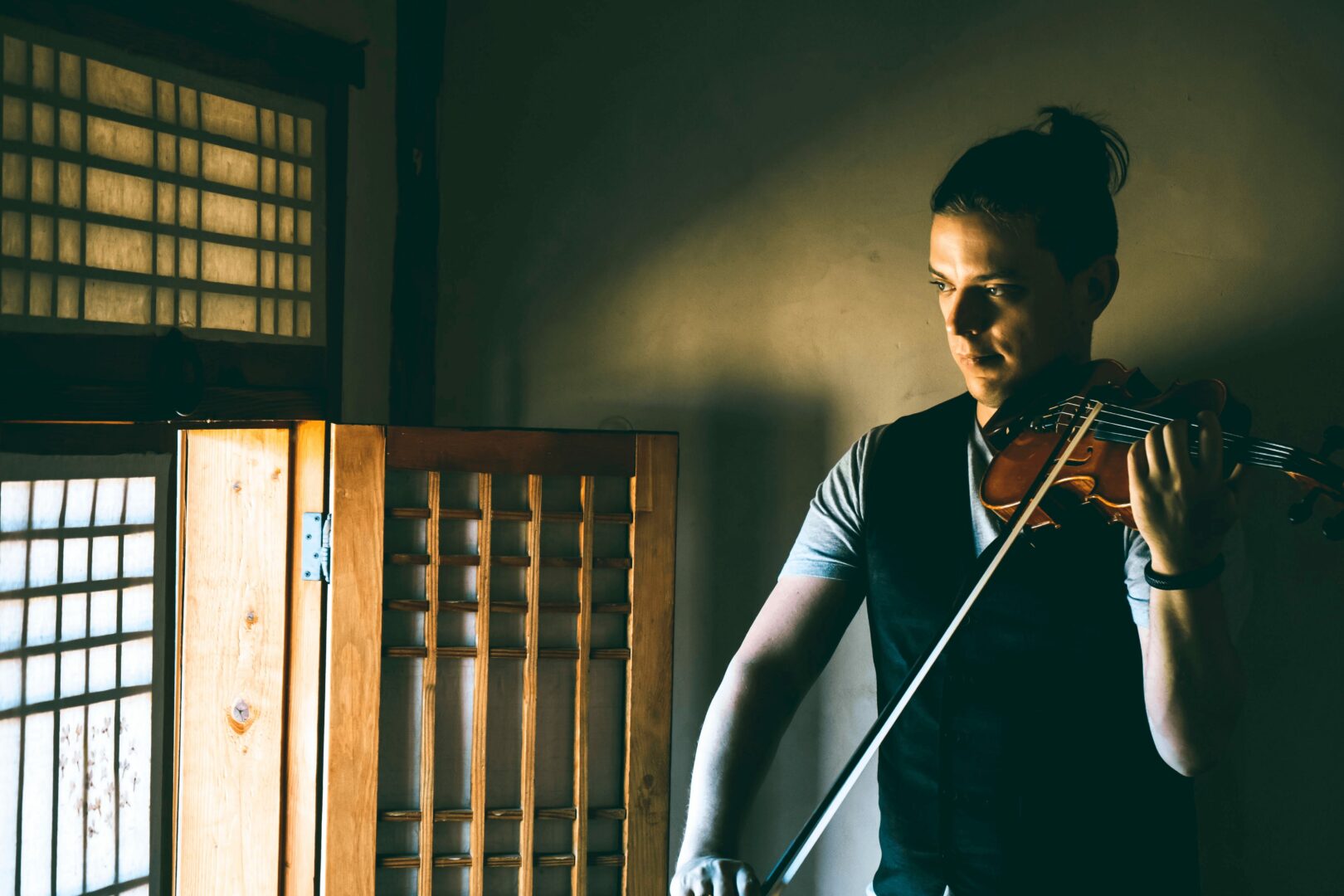Alright – so today we’ve got the honor of introducing you to Alex Malaimare. We think you’ll enjoy our conversation, we’ve shared it below.
Alex, appreciate you making time for us and sharing your wisdom with the community. So many of us go through similar pain points throughout our journeys and so hearing about how others overcame obstacles can be helpful. One of those struggles is keeping creativity alive despite all the stresses, challenges and problems we might be dealing with. How do you keep your creativity alive?
Keeping my creativity alive is a multifaceted process that blends continual learning, diverse musical exploration, and community engagement. As a musician, I believe that creativity thrives when nurtured by a variety of experiences and influences.
One of the primary ways I maintain my creative spark is through the exploration of diverse musical genres. My journey through traditional Romanian fiddle music and contemporary compositions allows me to draw inspiration from a wide range of musical styles. This diversity in my repertoire keeps my performances fresh and innovative, constantly challenging me to think outside the conventional boundaries of classical violin playing.
Engaging with the musical community is another essential aspect of my creative process. Conducting masterclasses, lectures, and outreach programs is not only about sharing knowledge but also about receiving feedback and new ideas from students and fellow musicians. These interactions often spark new concepts and approaches in my own playing and teaching, fostering a dynamic and ever-evolving artistic environment.
Regular performances play a crucial role in keeping my creativity alive. Whether performing at prestigious venues like Carnegie Hall or collaborating with various philharmonic orchestras, each performance pushes me to continually refine my artistry. Collaborating with other musicians, particularly in chamber music settings, fosters a dynamic exchange of ideas and interpretations that fuel my creativity and inspire new interpretations of familiar works.
Educational endeavors also significantly contribute to my creative vitality. Teaching at institutions such as Millikin University and now Marshall University allows me to delve deeply into the fundamentals of violin playing and music theory. Explaining complex concepts to students often leads to new insights and creative breakthroughs in my own practice, as teaching reinforces and expands my own understanding of the art.
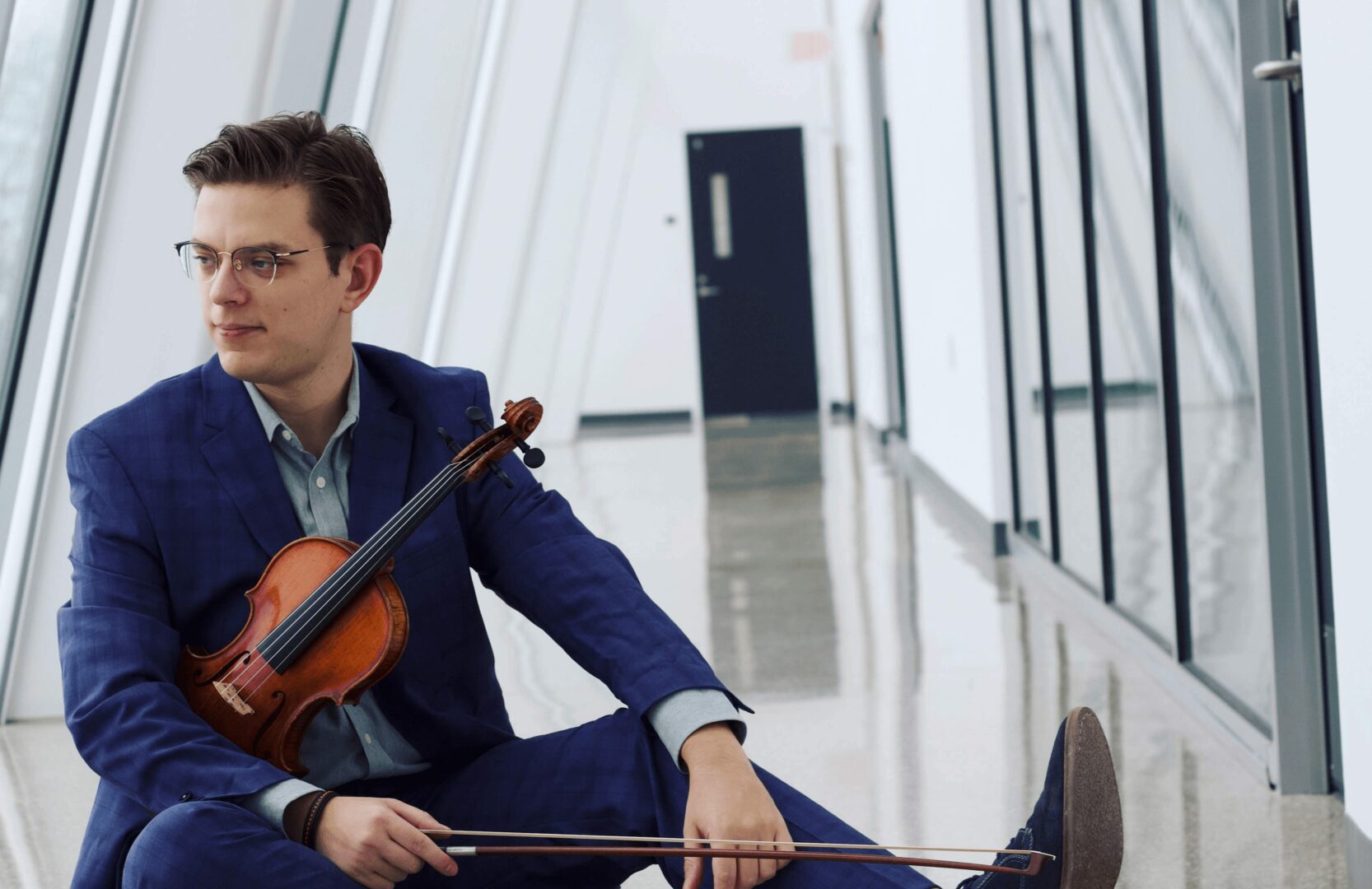
Great, so let’s take a few minutes and cover your story. What should folks know about you and what you do?
I was born in Romania in a family of artists (my father is a very well known actor), where my early musical education was shaped at the prestigious George Enescu Art High School in Bucharest. My talent quickly became evident, leading me to win first prizes at notable competitions such as the Remember Enescu International Competition and the Songs of the Earth International Music Competition. These early successes fueled my passion for music and set the stage for my continued growth as an artist.
Pursuing higher education, I earned my Bachelor of Music in Violin Performance from the National University of Music in Bucharest. My journey continued in the United States at Western Illinois University, where I obtained a Master of Music and became an integral member of the faculty string quartet. I further honed my skills, culminating in a Doctor of Musical Arts in Violin Performance from the University of Illinois.
My performance career is marked by appearances at prestigious venues and with esteemed orchestras. From Carnegie Hall to various philharmonic orchestras in Romania, I have had the privilege of performing masterful renditions of works by J.S. Bach, Beethoven, and Tchaikovsky. Notable performances include J.S. Bach’s Violin Concerto in E major, Beethoven’s Violin Concerto in D major, and Tchaikovsky’s Violin Concerto, Op. 35. These experiences have allowed me to connect deeply with audiences and share the profound beauty of classical music.
One of the most exciting aspects of my career is the opportunity to collaborate with chamber music ensembles. This collaborative environment fosters a dynamic exchange of ideas and interpretations, making each performance a unique and enriching experience. Competitions such as the Plowman Chamber Music Competition and the New York Artists International Competition have recognized these collaborative efforts, further solidifying my passion for chamber music.
As an educator, I have shared my expertise with students at various institutions, including Millikin University, the University of Illinois Springfield, and the University of Evansville. My teaching philosophy emphasizes technical proficiency, musical expression, and a deep appreciation for the art of violin playing. Conducting masterclasses and lectures at institutions such as Bowling Green State University and Eastern Illinois University has allowed me to focus on topics ranging from entrepreneurship in music to the use of electronic instruments. These experiences are incredibly rewarding, as they allow me to inspire the next generation of musicians.
My commitment to community engagement is evident through my outreach programs and recruiting visits to schools. Providing young musicians with opportunities to explore their talents is a cause close to my heart. Additionally, my passion for diverse musical genres has led me to explore traditional Romanian fiddle music and contemporary compositions, often sharing my performances through social media platforms and educational videos on YouTube. These platforms have allowed me to reach a broader audience and engage with music lovers worldwide.
In recognition of my contributions to music, I was recently appointed as an Assistant Professor of Violin at Marshall University, starting in Fall 2024. This new role is incredibly exciting, as it provides me with the opportunity to shape the future of violin education and continue my artistic journey in a vibrant academic community. I am also thrilled to perform on an Ultralight violin crafted by the renowned luthier Joseph Curtin, whose instrument has allowed me to captivate audiences with its exquisite sound and profound musical expression.
Looking ahead, I am focused on expanding my outreach and educational programs, as well as exploring new collaborative projects with fellow musicians. I am also planning a series of performances and masterclasses that will highlight the versatility and richness of the violin repertoire. My goal is to continue inspiring others through my art and to contribute to the vibrant tapestry of the global music community.
Thank you for taking the time to learn about my journey and my dedication to the art of violin playing. I am excited about the future and the many opportunities it holds for further artistic exploration and community engagement.
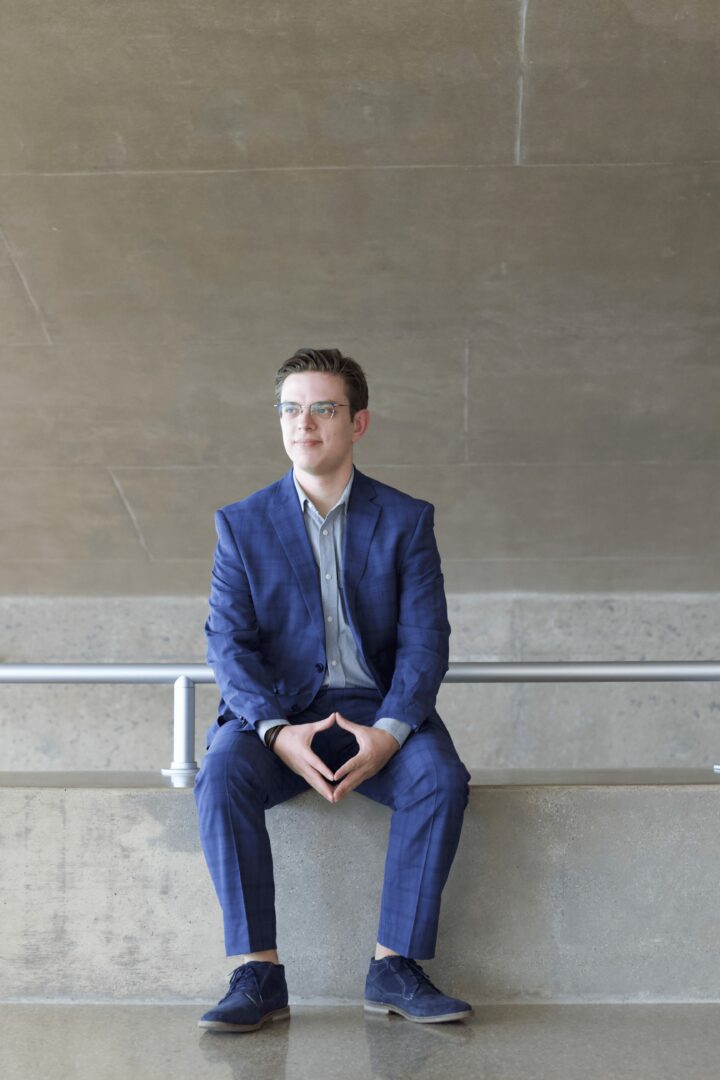
There is so much advice out there about all the different skills and qualities folks need to develop in order to succeed in today’s highly competitive environment and often it can feel overwhelming. So, if we had to break it down to just the three that matter most, which three skills or qualities would you focus on?
Reflecting on my journey, three qualities, skills, or areas of knowledge stand out as being particularly impactful: dedication, adaptability, and a deep understanding of musical fundamentals. These elements have been pivotal in shaping my career and can provide valuable guidance for those early in their own journeys.
Firstly, dedication is paramount. The discipline required to master an instrument like the violin is immense. Countless hours of practice, perseverance through challenges, and a steadfast commitment to improvement are all essential. My advice to aspiring musicians is to cultivate a routine that prioritizes consistent, focused practice. Set clear goals, break them down into manageable steps, and celebrate small victories along the way. Dedication is not just about the quantity of practice but the quality and intention behind it.
Secondly, adaptability has played a crucial role in my development as a musician. The ability to embrace new opportunities, learn from diverse experiences, and stay open to different musical genres and teaching methods has enriched my artistic and professional life. For those starting out, I recommend seeking out varied experiences, whether through playing different styles of music, collaborating with other musicians, or exploring new educational opportunities. Being adaptable also means being open to feedback and using it constructively to grow and evolve.
Lastly, a profound understanding of musical fundamentals is essential. This includes not only technical proficiency but also a deep appreciation for the theory, history, and expressive potential of music. A solid foundation in these areas allows for greater creativity and innovation. To develop this, I encourage young musicians to study broadly and deeply, seeking out mentors who can provide comprehensive guidance. Engage with the music beyond just playing—analyze scores, learn about the composers and their historical contexts, and immerse yourself in the broader world of music.
In conclusion, dedication, adaptability, and a deep understanding of musical fundamentals have been key to my journey. For those early in their careers, focusing on these areas will not only improve their skills but also enhance their overall experience as musicians. Embrace the journey with passion and curiosity, and remember that growth is a continuous process.
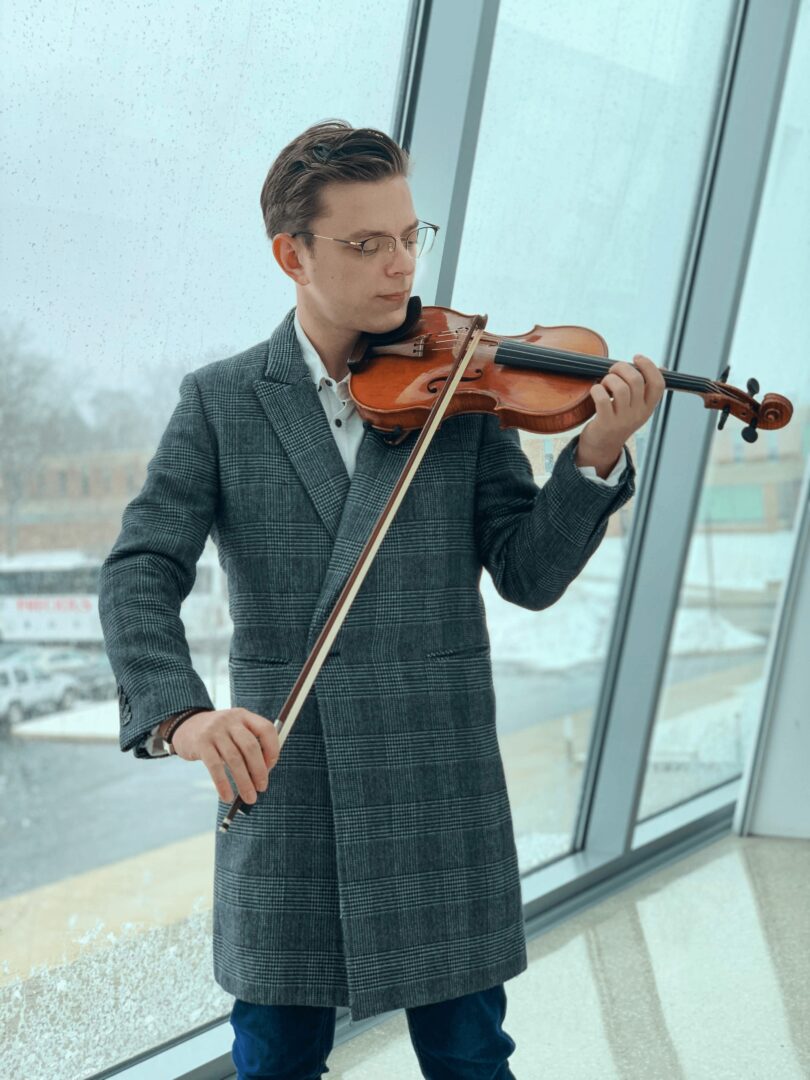
Before we go, any advice you can share with people who are feeling overwhelmed?
As a performer, feeling overwhelmed is not uncommon, especially given the demands of preparing for concerts, teaching, and maintaining a rigorous practice schedule. Over the years, I’ve developed several strategies to manage these moments and maintain my equilibrium. Here are some approaches that have been particularly effective for me:
1. Break Down Tasks: When faced with a daunting amount of work, breaking down tasks into smaller, manageable parts can make a significant difference. For instance, when preparing for a major performance, I divide the repertoire into sections and set specific goals for each practice session. This approach makes the workload feel more achievable and allows for a sense of progress, which can be incredibly motivating.
2. Prioritize and Plan: Effective time management is crucial. I prioritize tasks based on their urgency and importance, creating a structured plan that allocates time for practice, rest, and other responsibilities. This helps me stay organized and ensures that I am making steady progress without neglecting essential activities or self-care.
3. Take Breaks and Rest: It’s essential to recognize when to step back and take a break. Continuous practice without rest can lead to burnout and decreased productivity. I make sure to incorporate regular breaks into my schedule, allowing myself time to relax and recharge. Whether it’s a short walk, a moment of mindfulness, or simply stepping away from the violin, these breaks help clear my mind and restore my focus.
4. Seek Support: Leaning on a support system is invaluable. Discussing challenges with colleagues, mentors, or friends can provide new perspectives and solutions. Their encouragement and advice often help me see things in a new light and alleviate the sense of overwhelm.
5. Maintain Perspective: Keeping the bigger picture in mind helps to put immediate pressures into perspective. Remembering why I chose this path and reflecting on past accomplishments can be reassuring. It reinforces the idea that challenges are a natural part of growth and development.
6. Practice Mindfulness and Relaxation Techniques: Techniques such as deep breathing, meditation, or even yoga can be beneficial. These practices help reduce stress and promote a sense of calm. Incorporating mindfulness into my daily routine has significantly improved my ability to handle pressure and maintain a balanced mindset.
For those who feel overwhelmed, my advice is to develop a personalized strategy that incorporates some of these approaches. Understanding that it’s okay to take a step back, seek support, and care for your well-being is crucial. Overcoming feelings of overwhelm is not about avoiding challenges but about managing them in a healthy and sustainable way.
Contact Info:
- Website: https://alexmalaimare.net
- Instagram: https://www.instagram.com/alex.malaimare/
- Facebook: https://www.facebook.com/alexmalaimare123/
- Linkedin: https://www.linkedin.com/in/alex-malaimare/
- Other: TikTok: https://www.tiktok.com/@whizzypeasy
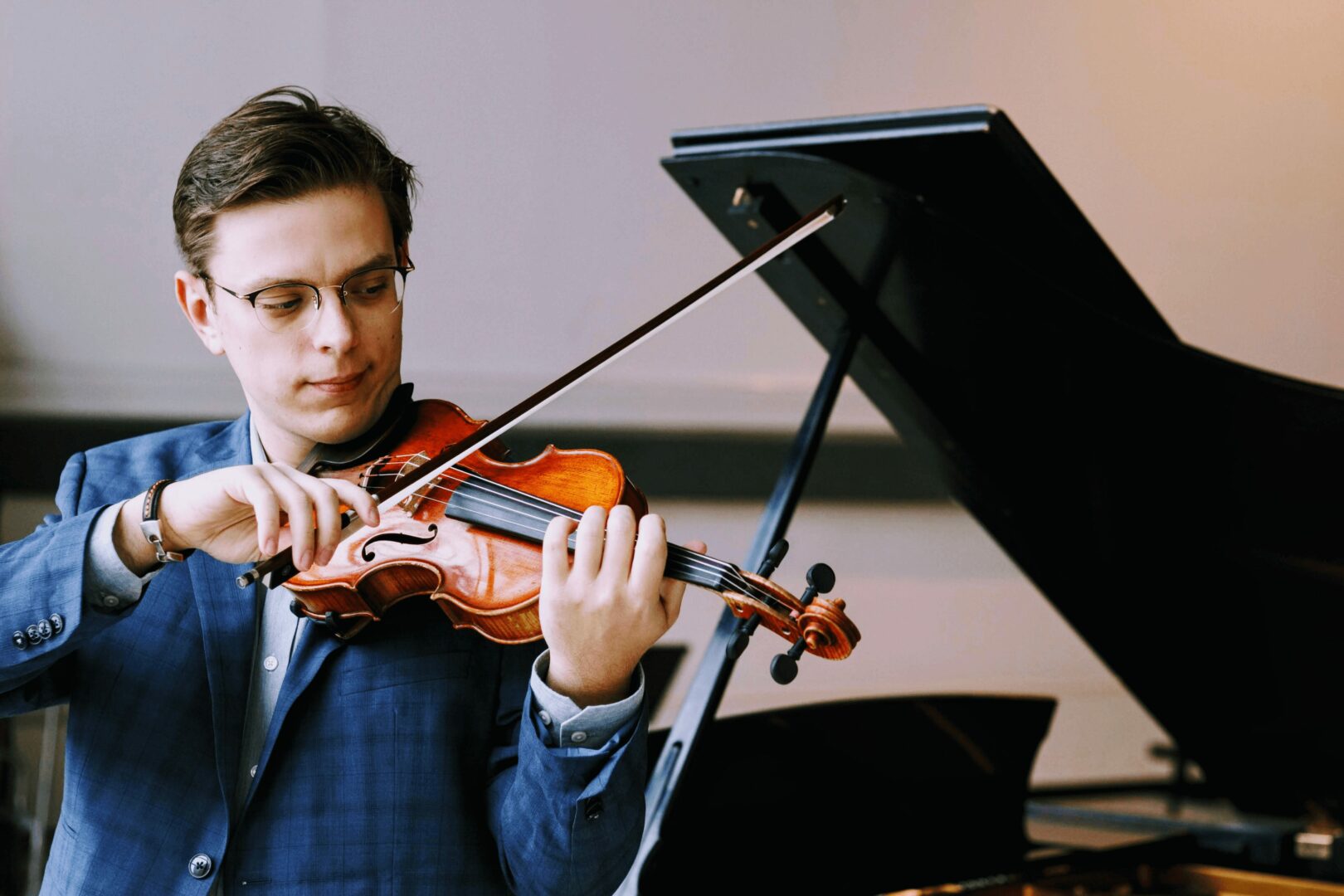
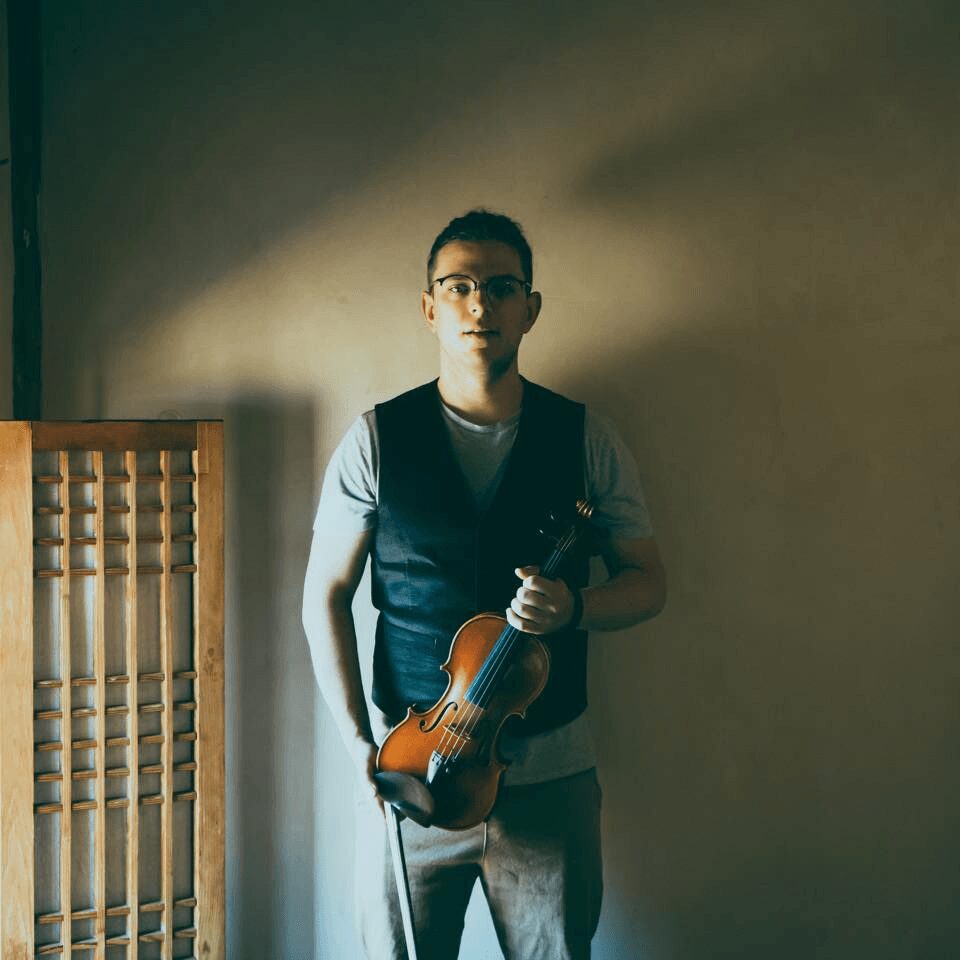
so if you or someone you know deserves recognition please let us know here.

